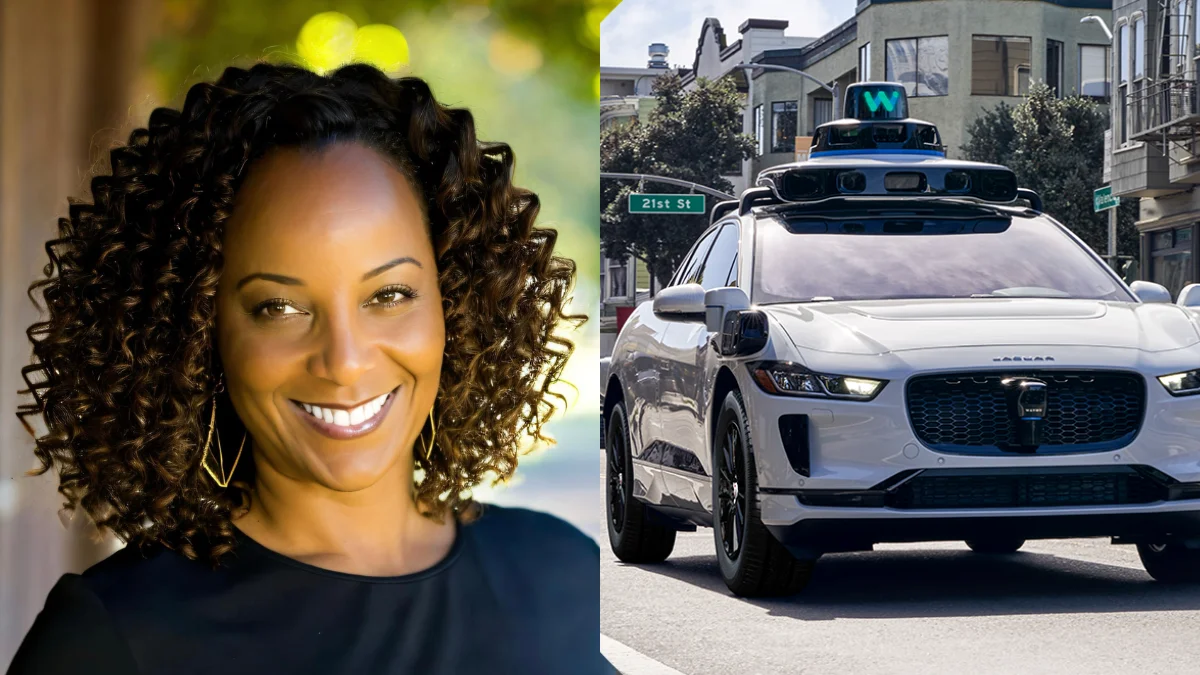The National Highway Traffic Safety Administration (NHTSA) has opened a preliminary investigation into 2,000 Waymo self-driving vehicles. The investigation concerns potential failures to stop for school buses with red lights and a deployed stop arm.
According to families across the District, the timing of Waymo’s planned entry heightens unease due to dense school zones and frequent curbside pickups where children cross between parked cars. Parents active in Advisory Neighborhood Commission (ANC) meetings argue that driverless operations should not proceed until interactions with school buses are demonstrably fail-safe and enforceable through permits and data disclosure. With riders-only service still contingent on local rulemaking, many parents want clear stop-arm compliance tests, incident transparency, and rapid suspension protocols if violations occur—prioritizing child safety over deployment speed.
The NHTSA's Preliminary Evaluation PE25-013 focuses on how Waymo’s fifth-generation automated system handles stopped school buses. It cites a video from Georgia where a vehicle moved past an extended stop arm as students disembarked. Investigators note that the company surpassed 100 million driverless miles by July 2025 and is adding about 2 million per week, increasing the statistical chance of prior similar events. The scope includes roughly 2,000 vehicles operating without onboard safety drivers, with the Office of Defects Investigation (ODI) assessing design intent versus state school-bus laws.
Illegal passings remain endemic nationwide and intensify parental scrutiny in urban corridors like Washington D.C. The National Association of State Directors of Pupil Transportation Services (NASDPTS) updated count projects about 39.3 million illegal passes of stopped school buses during a typical school year. A single-day survey tallied 67,258 violations from 114,239 drivers across 36 states and D.C., underscoring the risk envelope that automated systems must master. Parents argue that if human drivers routinely misbehave, autonomous vehicles must meet a higher bar—especially where school travel patterns are complex and sightlines are short.
The National Highway Traffic Safety Administration (NHTSA) is a U.S. government agency established in 1970 to reduce traffic crashes and promote vehicle safety standards. It enforces regulations on fuel efficiency, vehicle recalls, and driver behavior while leading national campaigns on issues like drunk driving and seat belt use.





